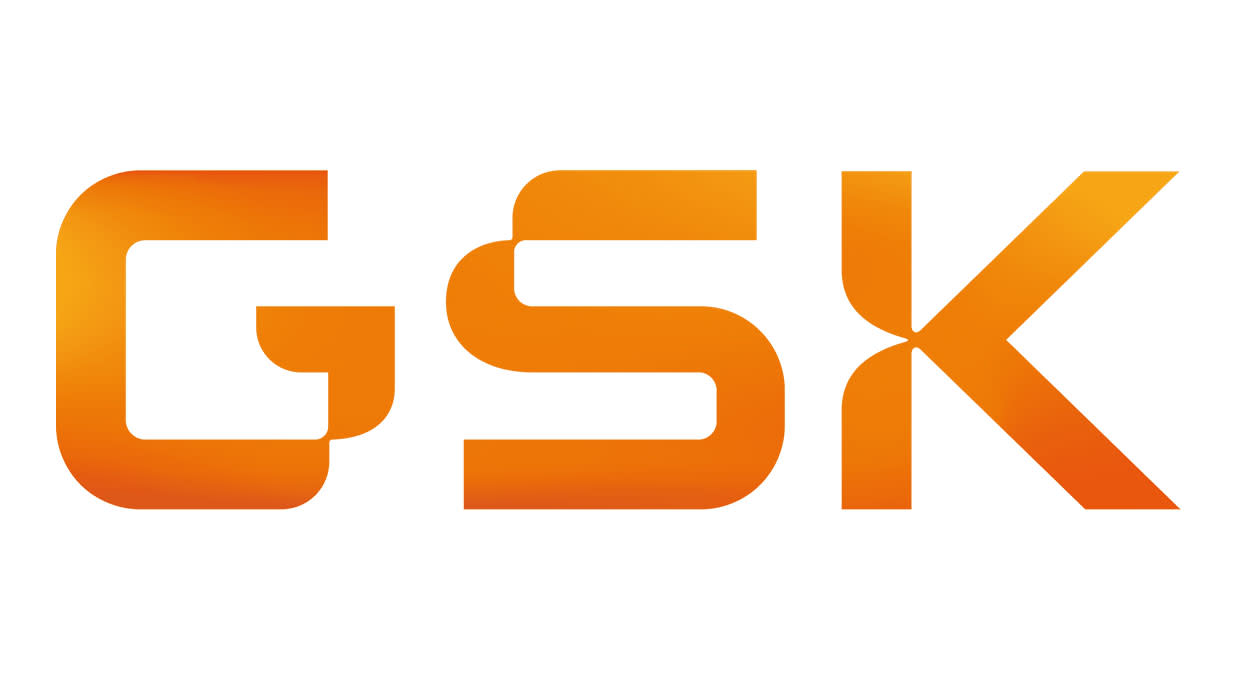GSK’s second-quarter numbers came in ahead of expectations. Total sales increased 13% to £7.9bn, excluding the impact of currency movements and revenue from COVID-19 medicines. This reflected broad-based growth held back a little by a slower increase in vaccines as shingles jab Shingrix came up against some headwinds in the United States.
Underlying operating profit was up 18%, reflecting the sales growth and a larger contribution from higher-margin products.
Free cash flow was down slightly to £328mn due to higher tax payments. Year-to-date net debt has fallen by £1.1bn to £14.0bn, with proceeds from the disposal of GSK’s remaining stake in Haleon more than offsetting expenditure on acquisitions.
Full-year guidance has been upgraded, with sales expected to grow by 7-9% (previously 5-7%) and underlying operating profit set to grow by 11-13% (previously 9-11%).
A dividend of 15p was declared, with full-year guidance of 60p unchanged.
The shares were down 1.7% following the announcement.
Our view
GSK has produced an excellent set of second-quarter results. However, markets reacted negatively to a cut in the immediate outlook for GSK’s vaccine sales. Two key products, Arexvy and Shingrix are coming up against headwinds in the important US market. But both products still have the potential to reach new patient populations. There’s also some blue sky potential if initial data suggesting Shingrix can help prevent dementia leads to further product development. But there are a lot of hoops to jump through before that becomes a reality.
The financial progress is underpinned by excellence in research & development that spawned four major product approvals last year. There's potential for more significant clinical milestones in 2024. However, there can be no guarantee of continued success. Falling sales of COVID-19 medicines have held back growth but now that they are no longer material, comparatives are becoming less demanding.
Beyond vaccines, the group also has a strong presence in HIV treatments which make up about 20% of total revenues. Its newer HIV treatments are a key part of GSK's future, as generic competitors eat away at pricing power for some of the group's legacy treatments. But the group focus for HIV is shifting to the group’s long-acting innovation therapies. And it’s these that have helped capture additional market share and drive double-digit growth for the category in the first half.
Cancer treatment, although relatively small in terms of current sales, is growing rapidly, and the development pipeline looks promising.
Net debt has been coming down and currently sits at under 1.4x forecast cash profits, which we don't see as a major concern. The strong financial position supports a prospective dividend yield of 4.1%, but remember, no future pay outs to shareholders can be assured.
GSK's valuation is below the long-term average, and significantly less demanding than many of its peers. This may be in part due to remaining question marks over cancer links to its heartburn drug Zantac. Management is working hard to draw a line in the sand, but whilst significant court hearings are still pending, it's likely to remain a key driver of sentiment.
Once more clarity emerges on the scale of any outstanding liability, strong execution of the growth strategy and clinical pipeline are likely to be the key focus for shareholders. So far so good, but remember, the drug approval process is long and expensive, with many treatments never seeing the light of day.
Environmental, social and governance (ESG) risk
The pharmaceuticals sector is relatively high-risk in terms of ESG. Product governance, particularly with safety and marketing, and affordable access to treatment are the key risk drivers. Labour relations, business ethics and bribery and corruption are also contributors to ESG risk.
According to Sustainalytics, GSK's overall management of material ESG issues is strong. There's an independent, board-level, corporate responsibility committee focused on ESG performance and framework and 10% of executive pay is tied to ESG metrics. It's ranked first on both the Access to Medicine Index and Access to Vaccines Index thanks to industry-leading efforts to ensure medicines and vaccines are provided to patients in need. Management practices concerning the transparency of clinical trials are strong, and it's committed to international standards. But despite a strong product safety programme, GSK lacks external quality management certification at its manufacturing sites.
GSK key facts
All ratios are sourced from Refinitiv, based on previous day’s closing values. Please remember yields are variable and not a reliable indicator of future income. Keep in mind key figures shouldn’t be looked at on their own – it’s important to understand the big picture.
This article is not advice or a recommendation to buy, sell or hold any investment.No view is given on the present or future value or price of any investment, and investors should form their own view on any proposed investment.This article has not been prepared in accordance with legal requirements designed to promote the independence of investment research and is considered a marketing communication.Non - independent research is not subject to FCA rules prohibiting dealing ahead of research, however HL has put controls in place(including dealing restrictions, physical and information barriers) to manage potential conflicts of interest presented by such dealing.Please see our full non - independent research disclosure for more information.


